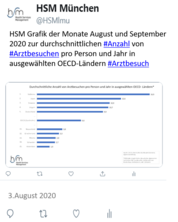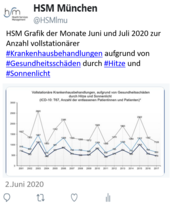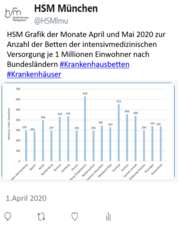The effect of health shocks on smoking and obesity.
| Authors/Editors: |
Sundmacher, L. |
|---|---|
| Publication Date: | 2012 |
| Type of Publication: | Articles in Refereed Journals (International) |
| ISBN/ISSN: | 1618-7598 |
| erschienen in: | European Journal of Health Economics |
| Weitere Quellenangabe: | Volume 13(4), Pages 451 - 60 |
Abstract
Aim
To investigate whether negative changes in their own health (i.e. health shocks) or in that of a smoking or obese household member, lead smokers to quit smoking and obese individuals to lose weight.
Methods
The study is informed by economic models (‘rational addiction’ and ‘demand for health’ models) which offer hypotheses on the relationship between health shocks and health-related behaviour. Each hypothesis was tested applying a discrete-time hazard model with random effects using up to ten waves of the German Socioeconomic Panel (GSOEP) and statistics on cigarette, food and beverage prices provided by the Federal Statistical Office.
Results
Health shocks had a significant positive impact on the probability that smokers quit during the same year in which they experienced the health shock. Health shocks of a smoking household member between year t−2 and t−1 also motivated smoking cessation, although statistical evidence for this was weaker. Health shocks experienced by obese individuals or their household members had, on the other hand, no significant effect on weight loss, as measured by changes in Body Mass Index (BMI).
Conclusion
The results of the study suggest that smokers are aware of the risks associated with tobacco consumption, know about effective strategies to quit smoking, and are willing to quit for health-related reasons. In contrast, there was no evidence for changes in health-related behaviour among obese individuals after a health shock.





